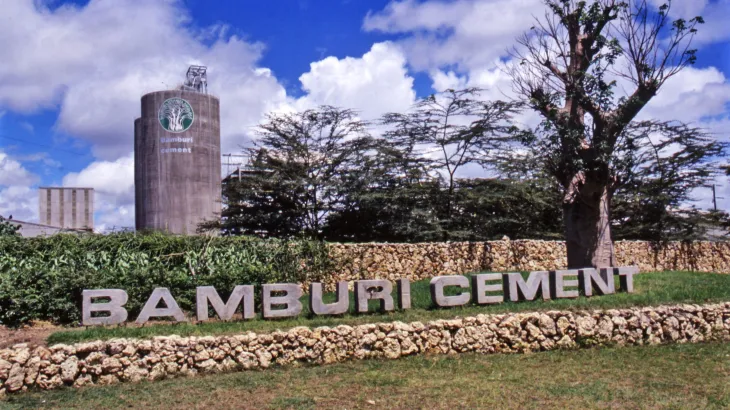Top construction company Bamburi Cement is making audacious moves to promote sustainability and decarbonization in Kenya’s building industry.
The company is interacting with architects, designers, engineers, developers, contractors, material producers, and industry groups in Mombasa, Kisumu, and Nairobi as part of a regional thought leadership series that was started this year. The goal, according to the stakeholders, is to promote communication and cooperation among important players, ultimately paving the road for the sector to have a low-carbon and environmentally conscious future.
Read Also: Mohit Kapoor Appointed as New Bamburi CEO
Mohit Kapoor, CEO of Bamburi Cement, addressed more than 120 business leaders in Mombasa and emphasized the significance of the industry’s commitment to decarbonization. He explained that Carbon dioxide (CO2) emissions are primarily caused by the building process and the materials used. “We are calling for sector-wide collaboration and a transition toward sustainable construction that utilizes greener and more environmentally friendly solutions,” he said.
With 42% of all annual CO2 emissions coming from the building sector, it has a major impact on global carbon emissions. Building operations within this sector are responsible for roughly 27% of emissions, with another 15% attributable to the carbon inherent in essential building and infrastructure materials like cement, iron, steel, and aluminium.

Bamburi Cement is responding to mounting regional and international pressure on cement and concrete industry participants to take bold actions toward decarbonization and environmentally friendly building techniques. The switch to cement brands that are low-carbon certified and sustainably manufactured, which lower CO2 emissions by over 30%, is one of the company’s main goals. Duracem 42.5 cement, their flagship product, boasts an impressive CO2 reduction of 64%.
Bamburi Cement is devoted to a number of sustainable construction efforts in addition to modifying the products it offers. Among them are the restoration of biodiversity value through quarry rehabilitation, the use of alternative fuels like biomass and industrial waste to replace fossil fuels, and a ground-breaking collaboration with 14 Trees Kenya to apply 3D printing technology to construction. The company’s commitment to leading the way in environmentally friendly operations is seen in the novel approach’s significant reduction of CO2 emissions by up to 80%.
Subscribe to our YouTube channel Switch TV
The company is playing a critical role in transforming the sector’s future, aligning it with global climate action targets, and creating a more sustainable built environment for future generations by setting the bar for adopting environmentally friendly practices and lowering carbon emissions.
















